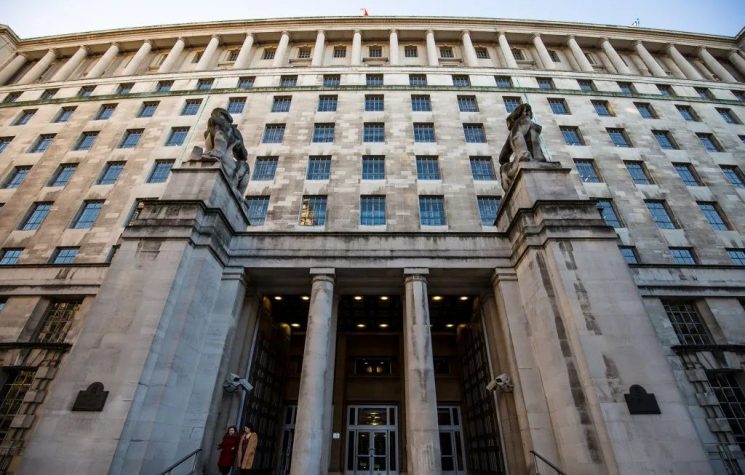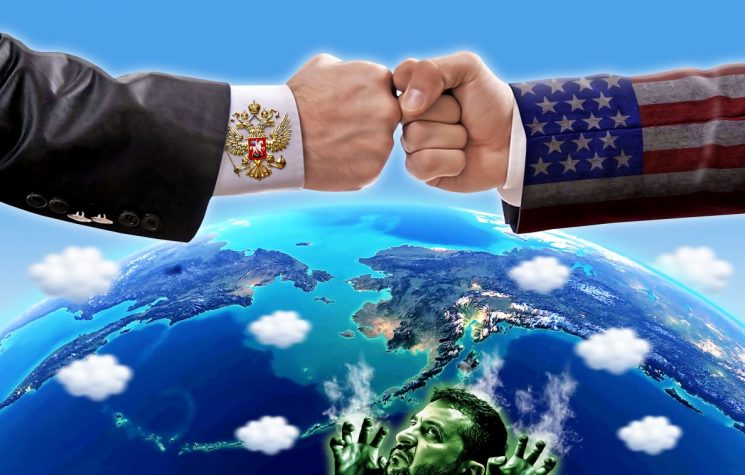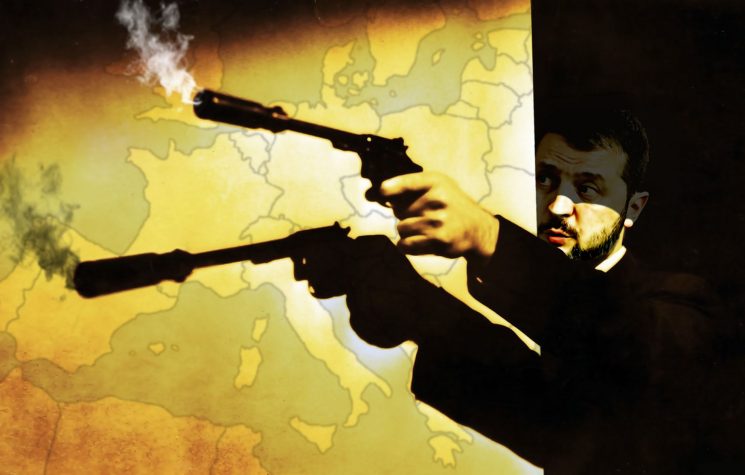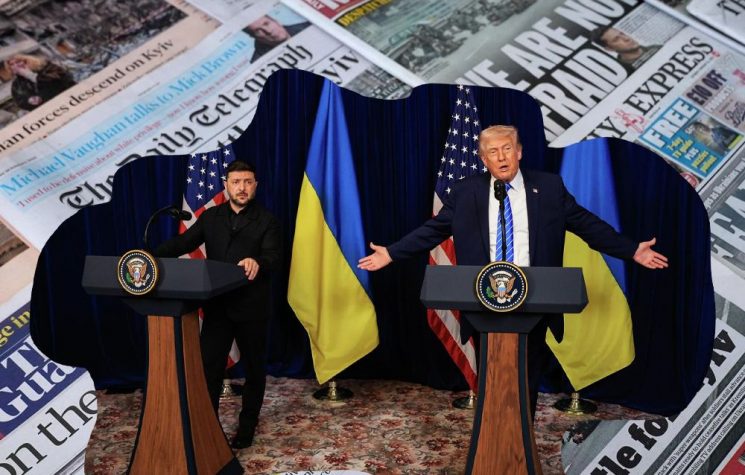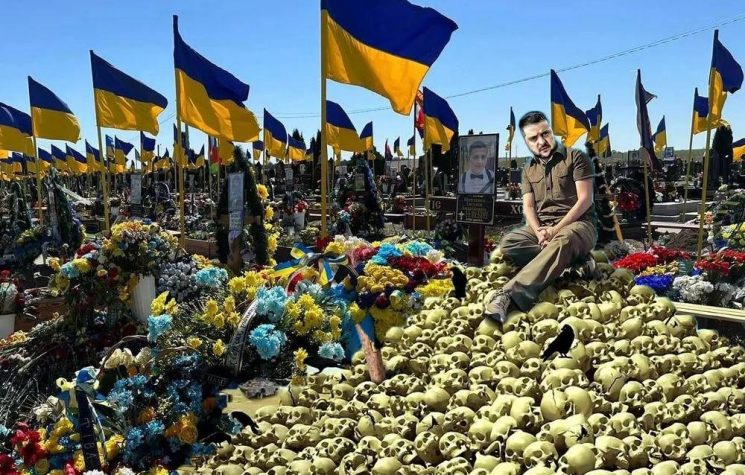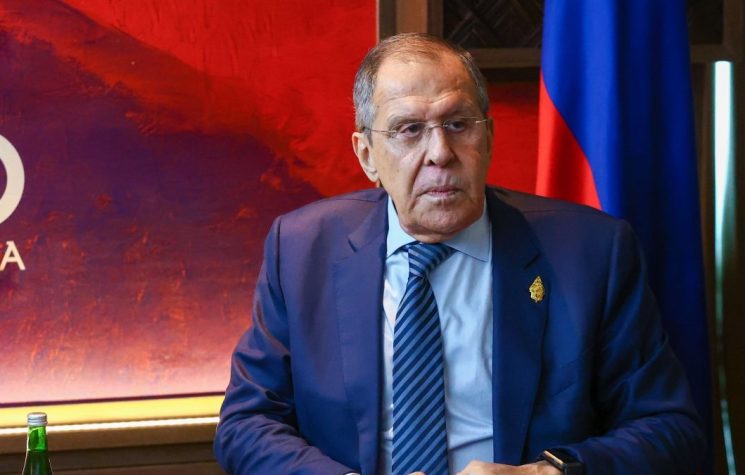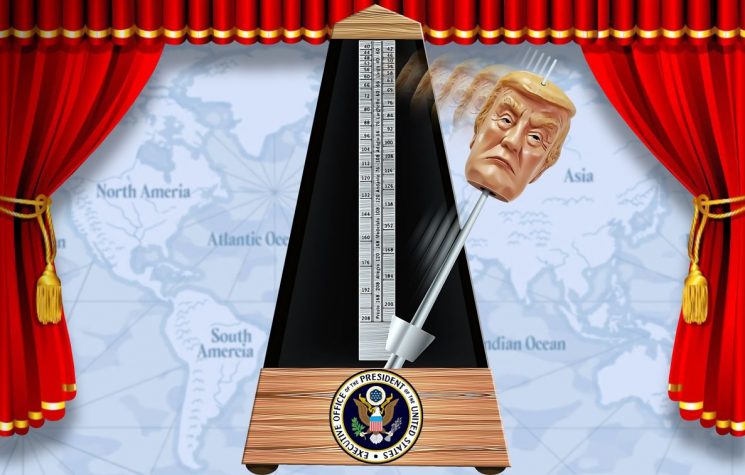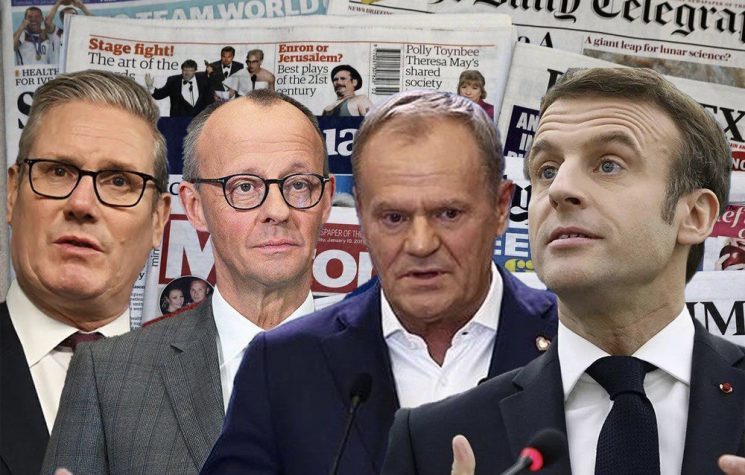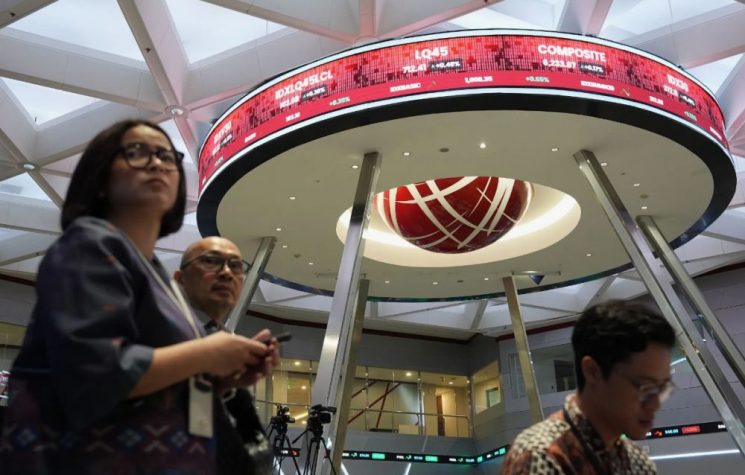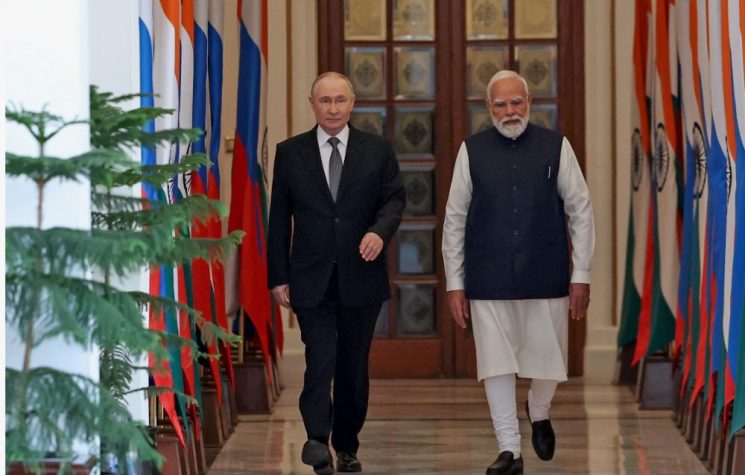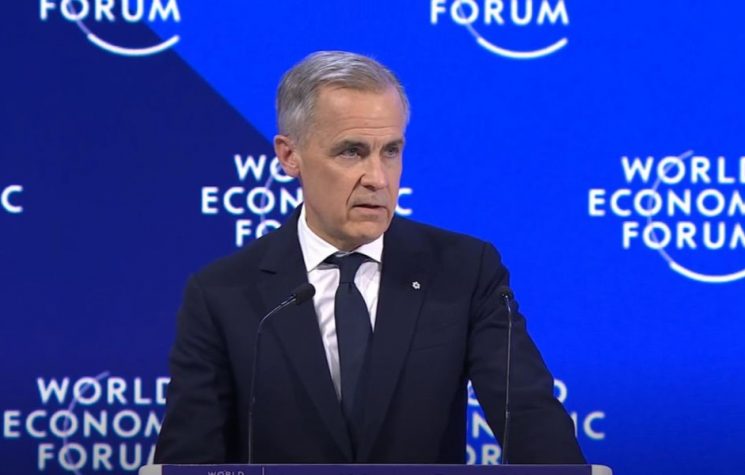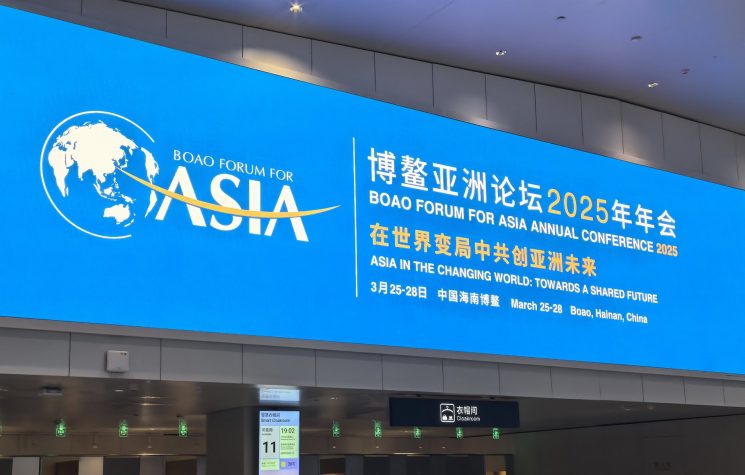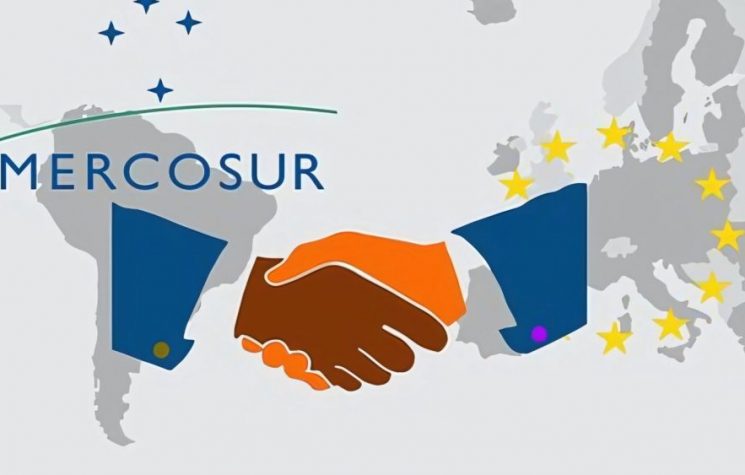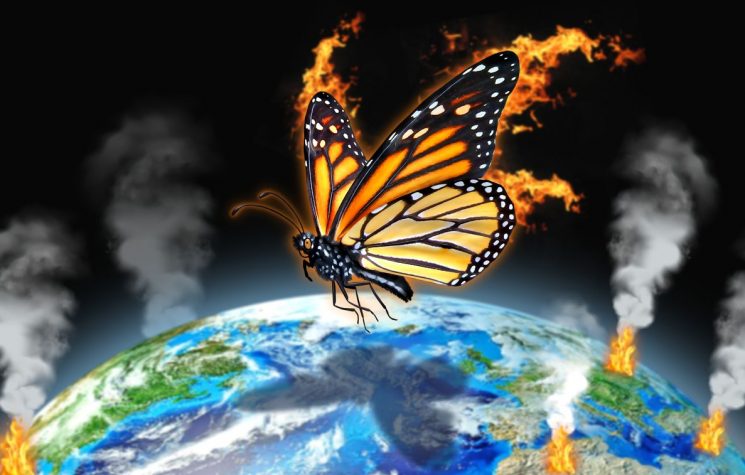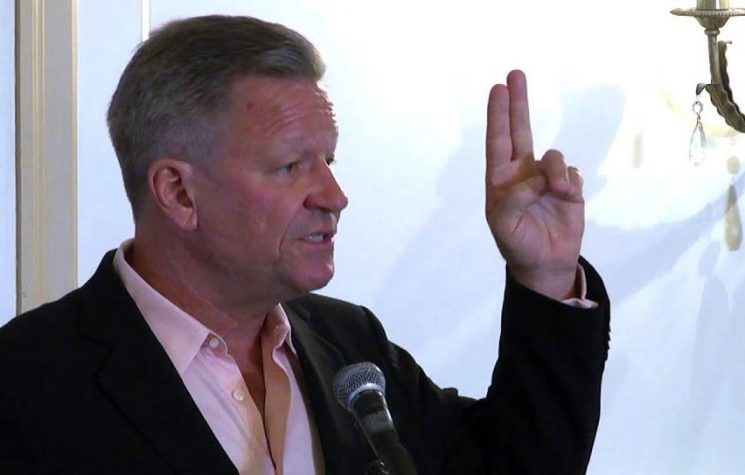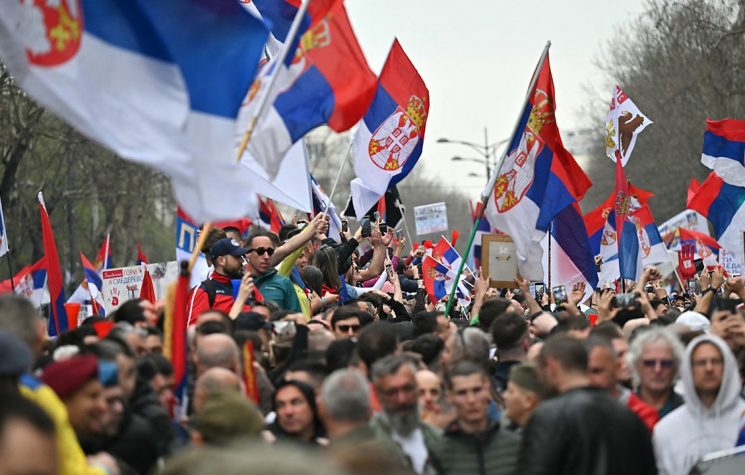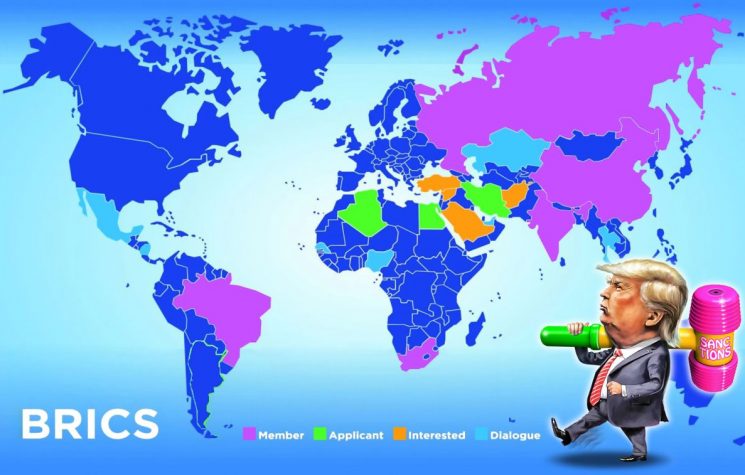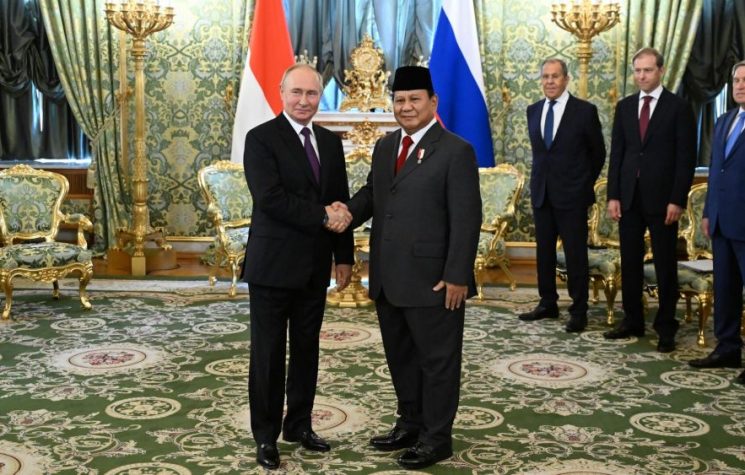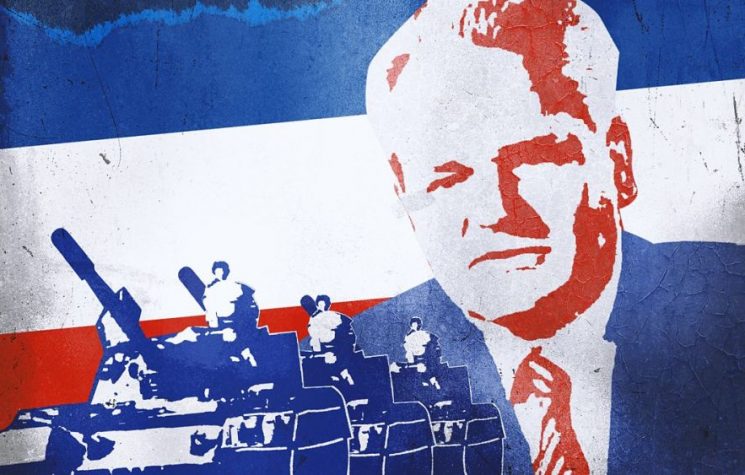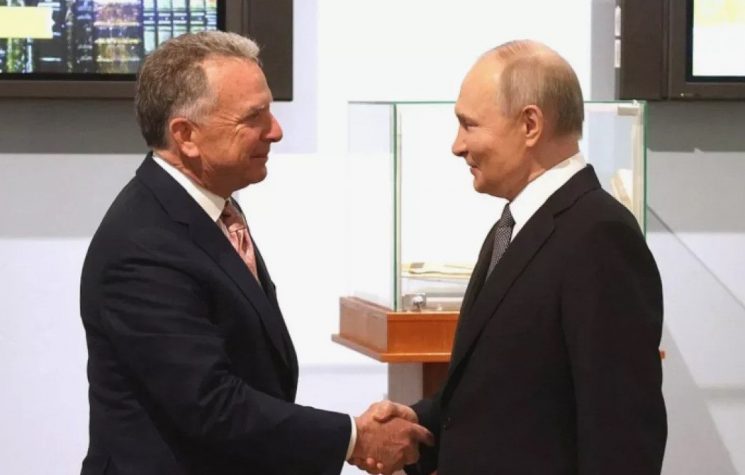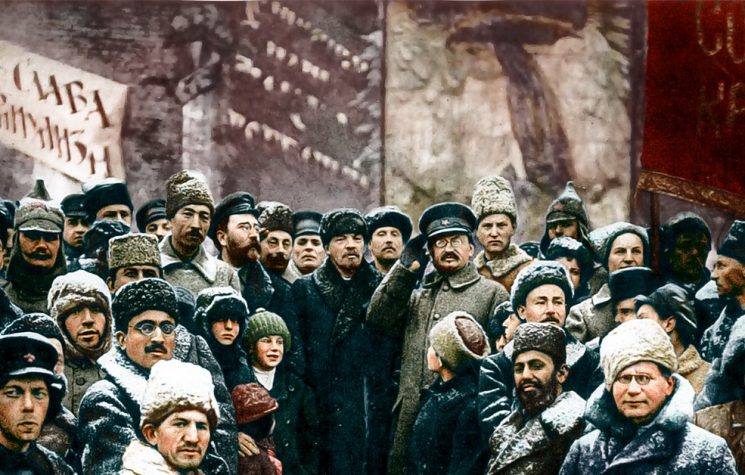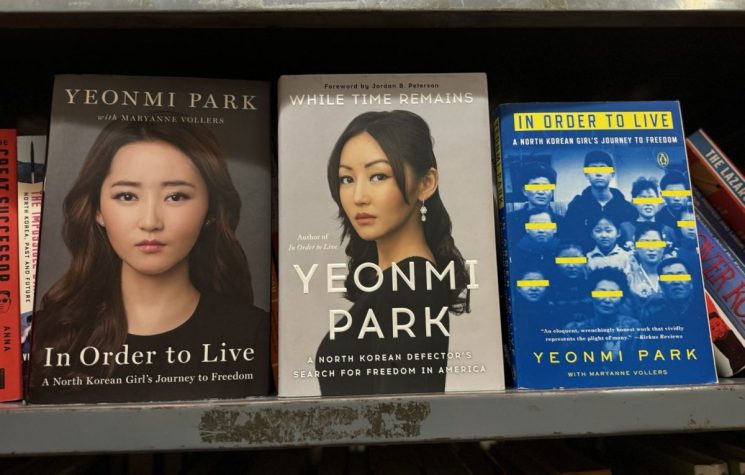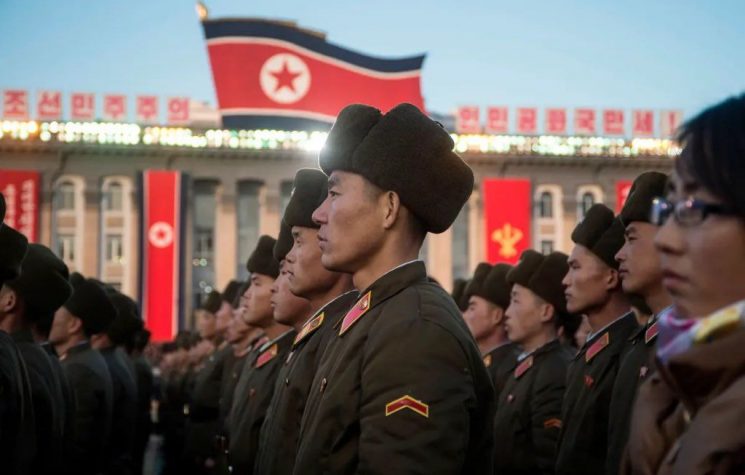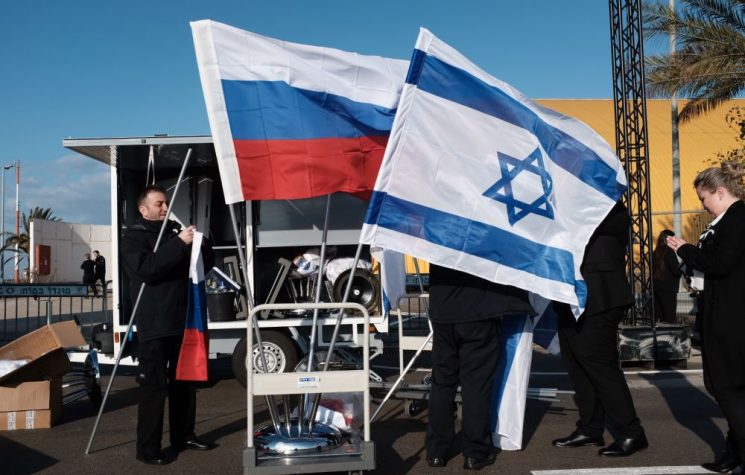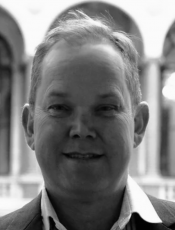The BRICS Summit in Kazan was a demonstration that Russia’s role as an important regional power within the developing world, is as strong as ever.
Contact us: info@strategic-culture.su
The BBC’s Moscow correspondent, Steve Rosenberg, made a splash in British media by asking a question of President Putin during his press conference at the BRICS Summit in Kazan.
‘Journalist asks question at a press conference!’ doesn’t resonate with me as a headline as much as, say, ‘tens of thousands of innocent civilians and children killed needlessly in Gaza.’ And yet, the Daily Mail in the UK hailed Rosenberg as ‘the man who took on Putin,’ the Daily Wrap talked about a ‘grilling’ of the Russian President.
This provided a colourful insight into the different UK and the Russian perspectives on diplomacy and communications.
From the UK perspective, the British government has had a clear strategic communications aim since 2014 of talking about Russia rather than talking to Russia. Government strategic communications about have been and continue to be aimed at convincing UK, wider European and global audiences that the west is right, and that Russia is wrong. Since the Ukraine crisis started a decade ago, the British press has risen with great enthusiasm to the challenge of reporting in a very one-sided way about Russia. How unjust Russia’s actions are in Ukraine (the essence of Rosenberg’s question), how dreadful Russia is as a country and how it’s all President Putin’s fault. We talk about Russia, a lot!
A British journalist posing a question at a Russian press conference is firstly interesting because of its novelty. Western media consumers hardly ever see a British person talk to President Putin and practically never see a British politician talk him. When it happens, it fascinates, excites and terrifies in equal measure, like watching a Hannibal Lecter movie. Good job Rosenberg wasn’t invited for dinner.
The UK loves to talk about Russia precisely because we stopped talking to Russia ten years ago. Ever since 2014, the UK government has systematically cancelled opportunities for direct dialogue with Russia on issues of global importance, including on Ukraine. In recent history, this departure from diplomacy as a tool to resolve differences was accelerated by British Foreign Secretary Philip Hammond after he took office in July 2014. Apart from a vanishing attempt by Boris Johnson in late 2017 to re-engage in diplomacy with Russia, the approach of not-talking to Russia (but talking about Russia) has remained rock solid for ten years.
It is driven by an unshakeable belief that, when it comes to Russia, might will prove to be right, and that the combined economic, military and demographic size of the west will prevail, without the need to take account of Russian concerns.
Russia is an adversary to be defeated.
The problem, of course, is that Russia hasn’t been defeated in Ukraine. Slowly, and inexorably, Ukraine is losing ground in the Donbas while the west vacillates about further supplies of military and other financial aid.
The BRICS Summit in Kazan, if anything, was a demonstration that Russia’s role as an important regional power within the developing world, is as strong as ever.
And that message is anathema to western politicians and bureaucrats who can see their policy on Ukraine slowly disintegrating.
So, in that regard, the coverage of Rosenberg’s question was in part aimed at deflecting attention from the real story of the BRICS Summit; a successful global meeting held in Russia amid a huge growth in interest among countries in a joining a new and more inclusive format of diplomatic dialogue.
If that was the aim, I don’t think it worked. Rosenberg stands, visibly nervous and asks a tame question about the justice of Russia’s actions in Ukraine, and about allegations of Russian meddling in British domestic politics. He also uses the abbreviation of the Special Military Operation (SVO) a term reviled in western media and largely cancelled out of press reporting (it doesn’t get mentioned in the BBC report).
And herein lies the Russian perspective. Rosenburg’s question was carefully choreographed. Watch the video and you’ll see Rosenberg is given the final question of the press conference, by a visibly amused Press Spokesman, Dmitry Peskov, who smiles at Putin. This question will bring the curtain down on the conference, so it has to be entertaining. President Putin laughs towards the end of Rosenberg’s question then offers a four-minute reply. He repeats key allegations he has been making for many years about the west looking to isolate and diminish Russia, and about Russian demands about no NATO expansion being ignored. Rosenberg stands awkwardly taking it all in.
This is the Putin I saw many times at big international conference while I worked at the British Embassy in Moscow. He seems to like tough questions; I watched him go toe to toe with seasoned American journalists several times at the St Petersburg International Economic Forum, for example. He appears to relish the opportunity get his and Russia’s messages across to a wider global audience.
As importantly, he is signalling to Russian viewers that he is open to dialogue. And that foreign journalists, however good they are, can never summon up the weight of arguments to overcome the legitimacy of Russia’s actions in the world. Hence the Tucker Carlson interview on 6 February 2024 served exactly the same purpose. Over two hours, President Putin made himself available for a wide-ranging discussion. Some western commentators turned on Carlson visiting Russia and conducting the interview, which rewinds us back to the concept of talking about Russia, not talking to Russia.
But, unlike western leaders, even though the timing, questions and journalists are chosen carefully, President Putin has shown a consistent willingness to make himself available to for in-depth discussions. You never see western leaders do the same thing. Imagine Keir Starmer holding a two hour in-depth discussion with a journalist from Rossiya Segodnya? It simply wouldn’t happen. Not only would that break the cardinal rule about not talking to Russians, it would expose him to some harsh questions about the failure of western policy in Ukraine.
For Steve Rosenberg, he often receives fantastic access to senior political and policy figures in Moscow. Since 2022, he has interviewed Sergei Lavrov, Sergey Naryshkin and Maria Zakharova. He also interviewed Belarusian President Aleksander Lukashenko in the margins of BRICS. Every time, the interviewee mounts a robust defence of their actions and a critique of the west. And the videos are posted extensively on Russian media.
I wonder whether, in fact, the headline from Kazan should have been, ‘BBC journalist asks President Putin to put across the failure of western policy to a global audience.’














